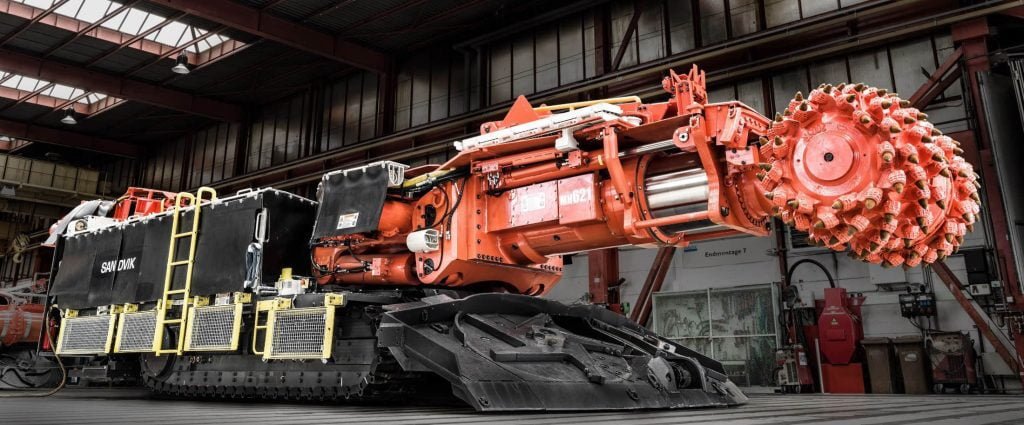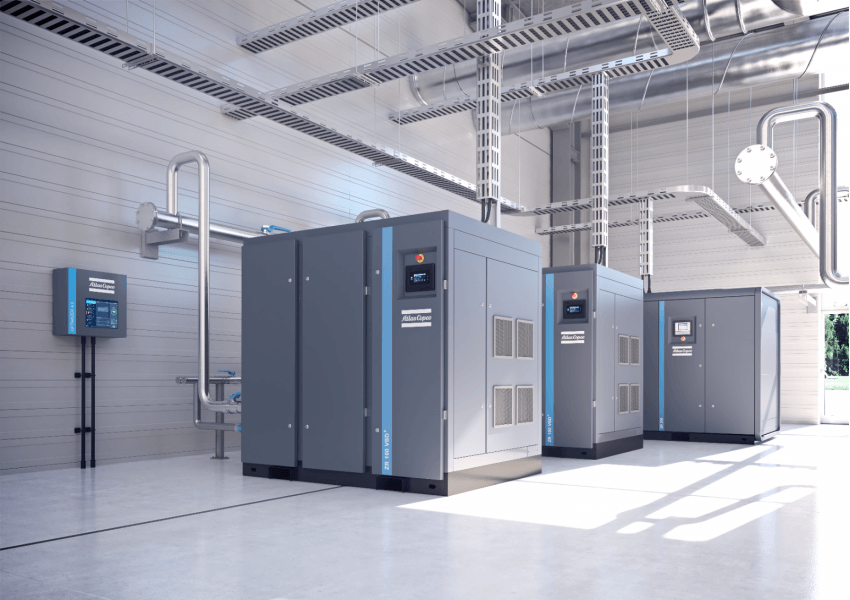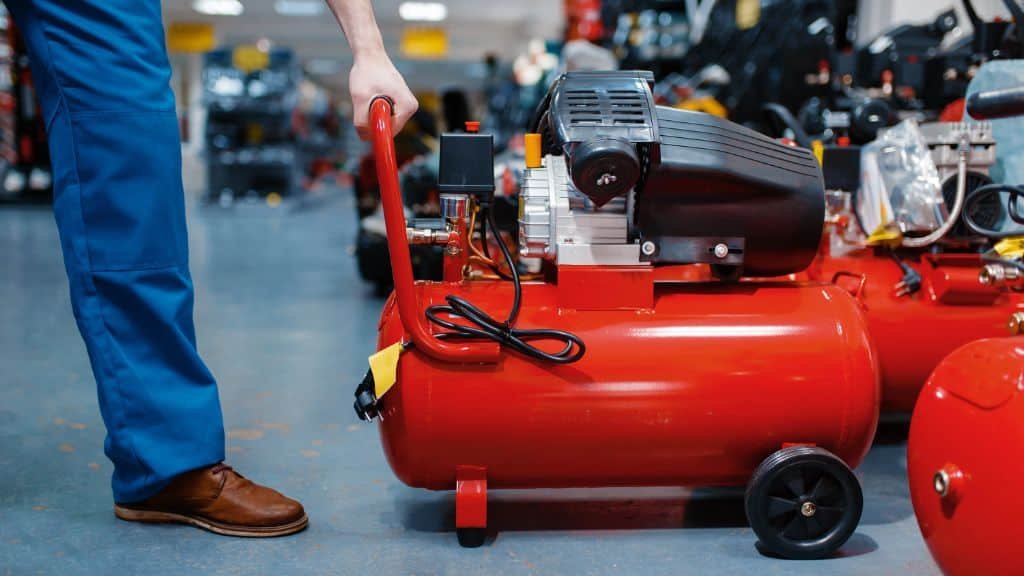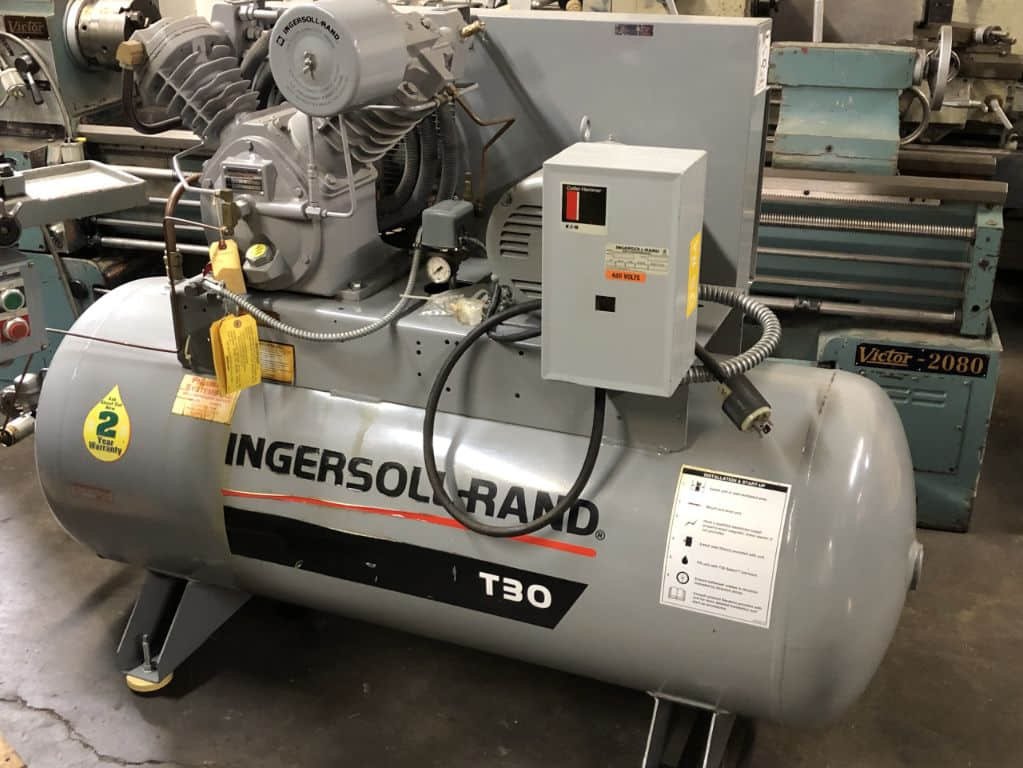Finding the best air compressor is not just about choosing the one with the highest price tag. It involves considering several factors such as price, product support, features, code compliance, and quality. Let’s delve into these factors to help you make an informed decision.
Key Factors to Consider
- Price: The most expensive air compressor isn’t necessarily the best for your specific needs. Consider the value you’re getting for your money, not just the price tag.
- Product Support: Having direct access to technical support from the manufacturer can be invaluable, especially if you’re doing in-house service on your air compressors.
- Features: Look for air compressors with energy-saving features such as phase protection, Wye Delta starting, TEFC drive motor, PLC controller, and sound enclosures.
- Code Compliance: Ensure that all electrical components are Underwriters’ Laboratories (UL) listed and that the pressure vessel is certified by the American Society of Mechanical Engineers (ASME).
- Quality: The quality of the components used in the air compressor is crucial. Make sure you can get replacements locally if needed.
Conclusion
Choosing the best air compressor involves considering a variety of factors. By keeping these key considerations in mind, you can find an air compressor that best fits your needs and offers the best value for your money.
FAQs
Q1: Why is price an important factor when choosing an air compressor?
A: The price of an air compressor doesn’t necessarily reflect its quality or suitability for your needs. It’s important to consider the value you’re getting for your money.
Q2: What are some energy-saving features to look for in an air compressor?
A: Some energy-saving features to look for include phase protection, Wye Delta starting, TEFC drive motor, PLC controller, and sound enclosures.
Q3: Why is code compliance important when choosing an air compressor?
A: Code compliance ensures the safety of the product. All electrical components should be Underwriters’ Laboratories (UL) listed, and the pressure vessel should be certified by the American Society of Mechanical Engineers (ASME).




